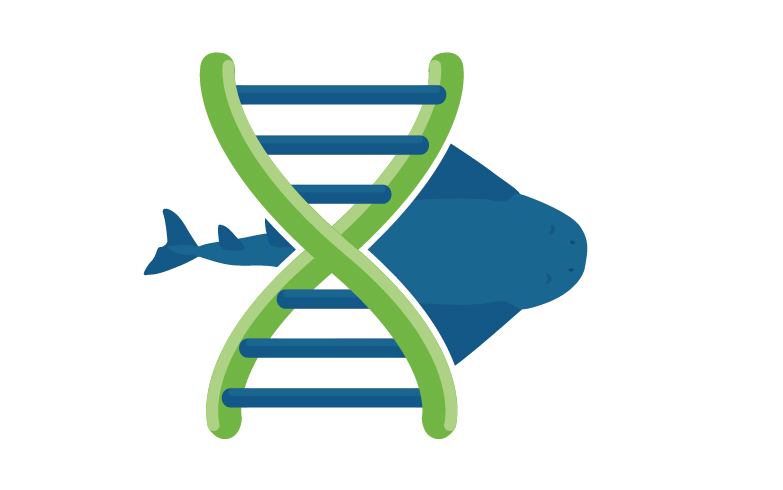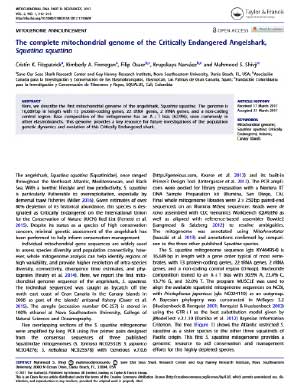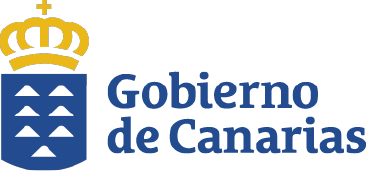Genetic study: Angelshark genome
 Scientists from the Save Our Seas Shark Research Center, in collaboration with the ones from ElasmoCan, achieved for the first time the sequencing of the complete mitochondrial genome of an angelshark Squatina squatina. This study is a major advance and key resource for future genetic research that will allow the evaluation of the species´ evolution.
Scientists from the Save Our Seas Shark Research Center, in collaboration with the ones from ElasmoCan, achieved for the first time the sequencing of the complete mitochondrial genome of an angelshark Squatina squatina. This study is a major advance and key resource for future genetic research that will allow the evaluation of the species´ evolution.
The studied individual comes from the north east coast of Gran Canaria and was purchased from professional fisherman when the species was still a fisheries resource in the Canary Islands. This sample is part of the tissue sample collection which ElasmoCan has been gathering since 10 years to start a genetic monitoring of these sharks in this region.
Important consequences
In spite of a growing concern over the conservation of angelsharks in the Canary Islands and Europe, this research is the first genetic assessment to help in its management and survival. The genome is one of the results from pioneering work that started several years ago and is a major contribution which gives us a basis for future research. Moreover, in combination with the genome descriptions of 3 Asiatic angelsharks, it broadens the knowledge about this particular genus which is understudied and poorly understood.
Future research
Next steps in the genetic exploration of the angelshark Squatina squatina include the development of molecular markers for the genetic population dynamics and diversity on the basis of the genome. Also, studies that include samples from other islands in the Archipelago and regions outside the Canaries will be advanced to form a solid base for the species genetic monitoring.
 The complete study is available in Mitochondrial DNA Part B: The complete mitochondrial genome of the Critically Endangered Angelshark, Squatina squatina.
The complete study is available in Mitochondrial DNA Part B: The complete mitochondrial genome of the Critically Endangered Angelshark, Squatina squatina.
This research was possible thanks to the support of Shark Foundation, Save Our Seas Foundation, Guy Harvey Research Institute and ElasmoCan.

 With the authorization from the Ministry of Agriculture & Fisheries, Food & Environment (MAPAMA), and with knowledge from the Canarian Government.
With the authorization from the Ministry of Agriculture & Fisheries, Food & Environment (MAPAMA), and with knowledge from the Canarian Government.

